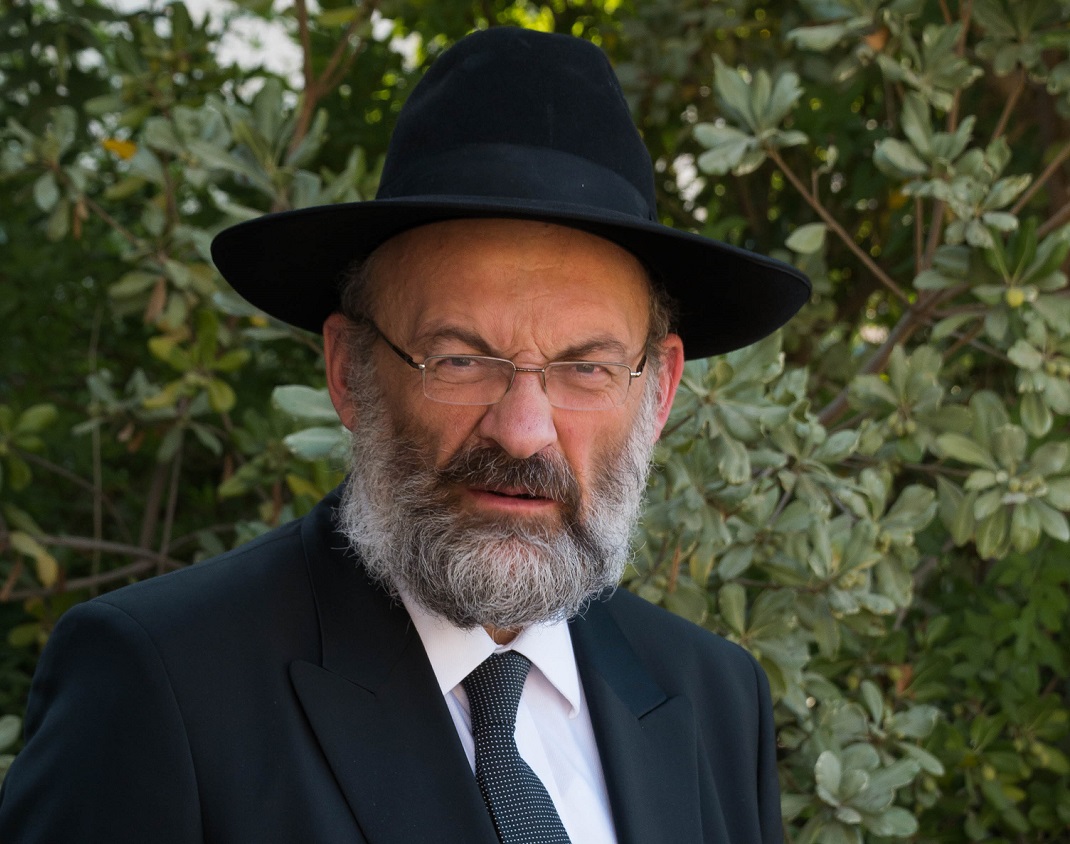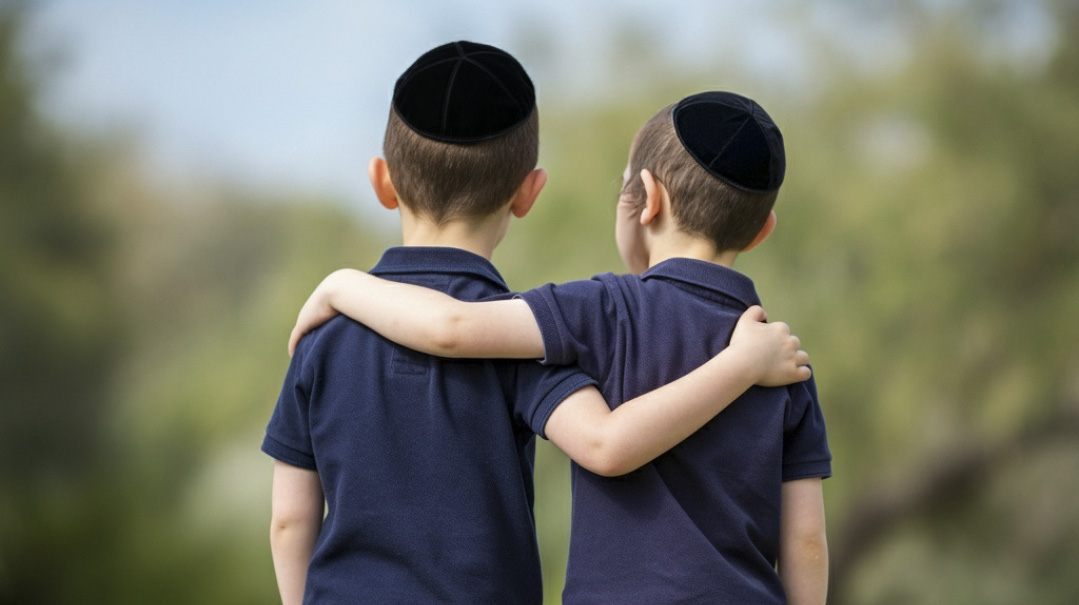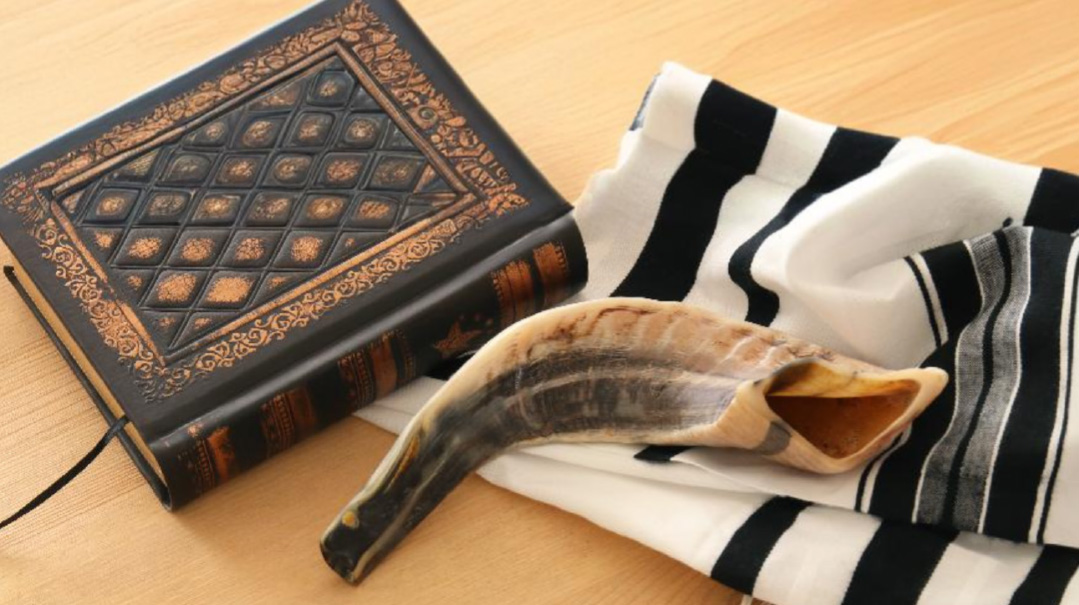Choosing the Life in the Mitzvah

Seeking life? Find vibrancy within the mitzvos that challenge you most
Prepared for print by Rabbi Eran Feintuch
ON
Rosh Hashanah, we know we need a miracle. Our aveiros are weighty, and our merits meager. Yet still we trust that Hashem will inscribe us in the Book of Life.
Hashem is the “King Who desires life.” In His infinite benevolence, He grants us life even if we’re undeserving. But we need to show Him life is what we really want.
Every year on the Shabbos before Rosh Hashanah, we read in the Torah: “Life and death I have placed before you, blessing and curse — choose life, so that you and your offspring should live.” Rashi comments: “I guide you to choose the portion of life, like a man who tells his son, ‘Choose the prime portion in my estate,’ and walks him to the prime portion and tells him, ‘Take this portion for yourself.’ ”
This metaphor is powerful but puzzling. We all want life. If adhering to the mitzvos is the path to life, and abandoning them is the path to death, why would we ever consider choosing the latter? Why would Hashem have to place our hands on the mitzvos and tell us, “This is the portion you should choose?”
The answer is that we keep the mitzvos because we want Hashem to give us life. We see them as a means to an end. But we don’t see life in the mitzvos themselves. Each of us has at least one mitzvah that seems lifeless to us. We see only difficulty in it, not a source of meaning and fulfillment. But Hashem takes our hand, places it on that mitzvah, and says, “Here you will find life. Choose life!”
If we don’t see life in the mitzvos, we’re like someone who tries to build a house using a yardstick that is too short and crooked. A person who loves money sees life in keeping his wealth; giving it away is death in his eyes. He knows he’s obligated to give tzedakah. But time and time again, his yetzer hara gets the best of him, because he doesn’t see life in the mitzvah, only sacrifice.
The judgment on Rosh Hashanah isn’t just on our actions, but first and foremost on our choice of life. Do we find life in the mitzvos, or in aveiros? If we see life in the mitzvos, we’re equipped to live correctly in the coming year. Otherwise, we don’t even have the tools to succeed.
This is our main preparation for Rosh Hashanah. We can’t know if our good deeds are enough to outweigh our aveiros. But if we work to find life in the mitzvos we view as lifeless, we move our whole life in the right direction. Then our actions will follow suit.
It’s surprisingly easy to find life in the mitzvos. The initial avodah doesn’t require a total personal overhaul. We just have to be honest with ourselves, and be willing to learn from others.
Earlier we discussed a person who has difficulty giving tzedakah. First of all, he needs to discern the reason it’s so hard for him. Say he determines that his issue isn’t that he lacks bitachon, but rather that giving away his hard-earned money is an unbearable sacrifice to him. Then he needs to ask himself, “What life could possibly be found in giving away my money? What positive value might I find there?”
He might conclude, for example, that helping others could be a source of meaning and fulfillment. But that’s still too abstract for him. His next step is to look around and observe people who thrive on helping others. He sees people who happily donate large sums or volunteer long hours, giving up their time, comfort, or money. In a short time, he’ll start to internalize that helping others can be a viable source of happiness and fulfillment. There’s life to be found in helping others.
He doesn’t need to find a paragon of altruism to teach him this. The person’s motives don’t really matter. He just needs a real-life illustration that a person can find life through helping others. Of course, internalizing this lesson is only the beginning. Next comes the long-term avodah of working on himself to give for the right reasons, without seeking honor or approval. But he’s prepared to do it, because now he sees that the mitzvah contains life.
Year after year, we make the same mistake. When we do teshuvah, we don’t even think about finding new life in the mitzvos. We just resolve to start doing the mitzvah, despite our difficulty. First of all, our track record proves that such resolutions rarely endure. But even if we manage to force ourselves, we haven’t chosen a new life; we’ve just cut off our former source of life.
Choosing life means to choose the life contained in the mitzvah over the illusory life the aveirah offers. A person needs a positive source of life to work with. You can’t just say, “Money will no longer be a source of life for me.” You have to find an alternative life in the mitzvah, such as helping others.
Choosing life works with middos as well. Say you’re prone to anger. The first step is to figure out why you get angry so often. You don’t need to be a psychologist, just to be honest with yourself. Say you realize you get angry most of the time because you’re sensitive and easily feel slighted by others. You can’t just decide not to react when someone hurts you. While passively accepting insult is a saintly attribute, you’re not on a level of being able to live that way.
What could be a positive value and source of life to help you maintain your sense of dignity without becoming angry? You might come to realize that serenity could be a source of life. Then, to make that abstract idea real to you, look around and observe people who maintain their repose, unperturbed by the pettiness of others, and internalize that serenity is a viable source of life. Now you have something positive to grasp, a tool for avoiding anger and finding dignity in other ways of reacting.
Choosing life empowers you to tackle central issues in your life. We tend to take on marginal improvements that don’t effect real personal change. Working on our central weaknesses seems futile, so we focus on tweaking our halachic performance. But choosing life treats the underlying reasons behind our most deeply rooted aveiros. The mitzvah that was lifeless to us now offers us a positive source of life we can find fulfillment in.
This approach also allows us to sincerely work on ourselves without pressure. When we focus on our actions, we fall into binary thinking: Did I do it, yes or no? That creates tremendous pressure. But if we focus on the root of our actions, our source of life, it’s a rich and rewarding journey of discovering new life in the mitzvos.
On Rosh Hashanah, we ask Hashem to give us life. If we stand before Hashem and say, “I choose true life — the life in Your mitzvos,” Hashem will be eager to grant our request. Let’s work on finding a source of life in the mitzvos we find most challenging. Let’s show Hashem, and ourselves, that life in the mitzvos is the life we really want.
(Originally featured in Mishpacha, Issue 977)
Oops! We could not locate your form.







